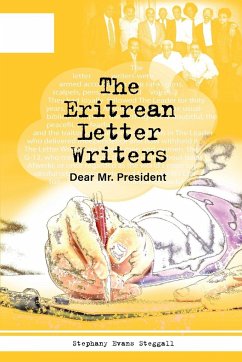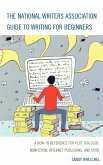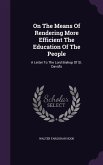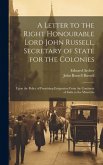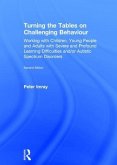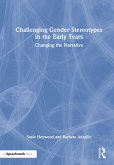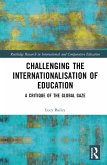The letter writers were armed according to their rank: guns, scalpels, pens, purses, and voices. They had loyally followed The Leader for thirty years, until now. Among them were the usual biblical disciples - the forthright, the doubtful, the peaceful, the fearful, and the traitorous. They once had faith in The Leader who delivered independence and now withheld it. The Letter Writers are Eritrean men and women, the G-13, who met to discuss their concerns about Isaias Afwerki, once regarded as the world's most successful rebel commander and hailed by Bill Clinton as an African 'renaissance leader'. The letter they composed (the Berlin Manifesto) and the book about it explore the theme of misplaced loyalties in one man; misguided trust in flawed leadership. Power can do strange things to people: the Eritrean leader was assiduously cultivating a personality cult. The letter writers conclude that the leader in whom they invested so much faith and in whose devastating defeats and liberating triumphs they shared, had become just another African tyrant. Another theme is the ageless curse of modern African history: the freedom fighters won the wars, so why could they not win the peace? The plague of abused power in newly independent countries in postcolonial Africa destroys the democratic process. Why were the inventiveness and heroic valour of the Eritreans not enough to free their country? Eritrea has received little media attention or recognition. 'Small, self-made, independent', as Reesom Haile, the narrator of the book, puts it, the country was largely ignored during its fabled Armed Struggle against Ethiopia. The theme of global isolation and neglect is part of the book, while also delving into earlier colonial exploitation. Any university offering courses in African Studies or African Literature shall be interested in this book; very little has been written in narrative nonfiction in the West about Eritrea.
Bitte wählen Sie Ihr Anliegen aus.
Rechnungen
Retourenschein anfordern
Bestellstatus
Storno

